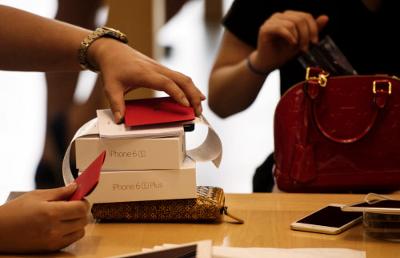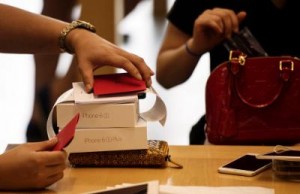1 min read
iPhone 6S, 6S Plus India Launch: Bookings Miss Target

December 23, 2024
Copyright 2023, IT Voice Media Pvt. Ltd.
All Rights Reserved

 backfired to some extent as bookings for the iPhone 6S and 6S Plus have fallen short of expectations, said some of the company’s trade partners. Against a bold target of tripling pre-bookings for the devices, which will be available in India on October 16, these have risen by just 10-15% compared with last year for the previous models, the partners said. They said buyers expect lower prices online once the phone becomes widely available.
backfired to some extent as bookings for the iPhone 6S and 6S Plus have fallen short of expectations, said some of the company’s trade partners. Against a bold target of tripling pre-bookings for the devices, which will be available in India on October 16, these have risen by just 10-15% compared with last year for the previous models, the partners said. They said buyers expect lower prices online once the phone becomes widely available.